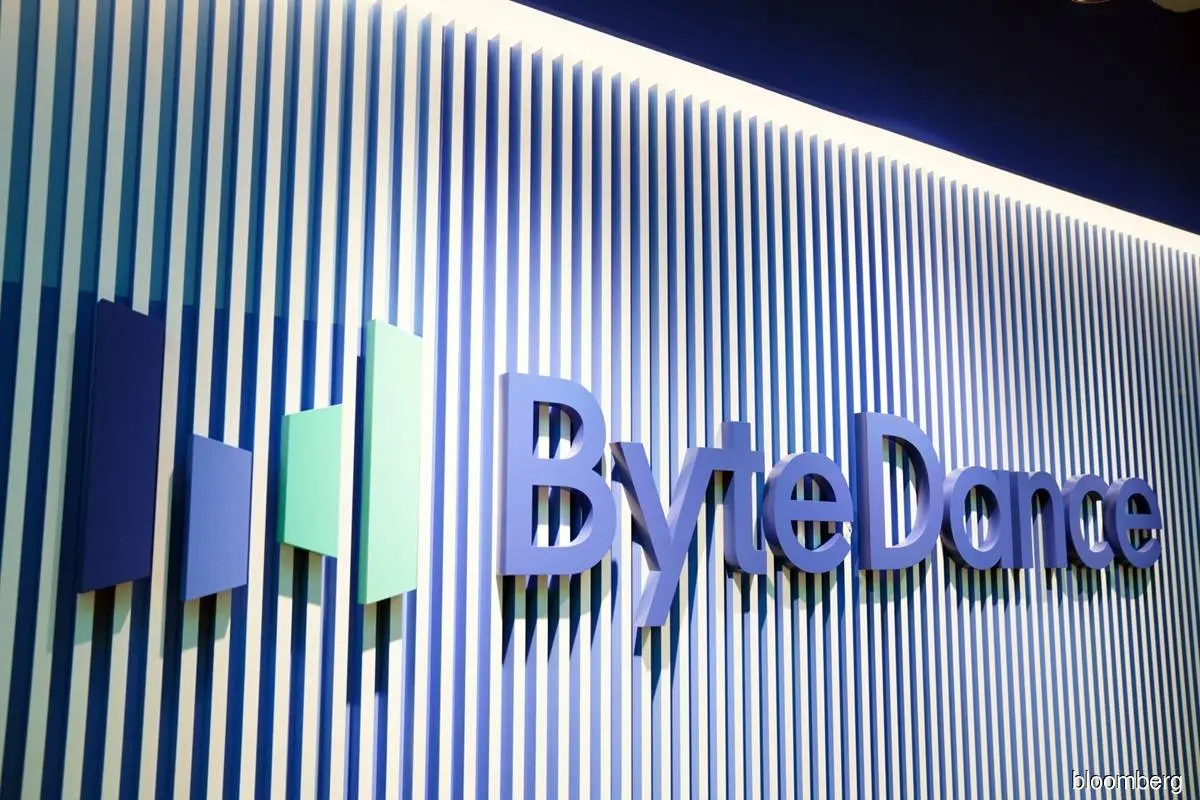Google’s parent wants cyber tech company Wiz for $23 billion, which could put an elite Israeli military intelligence unit back in the tech economy
A person with knowledge of the matter has stated that Alphabet Inc is in advanced discussions to acquire Wiz from its founder, Assaf Rappaport, a former officer from the renowned 8200 military unit. This unit has a reputation for producing successful tech entrepreneurs.
The deal emphasizes the tech industry’s resilience, which accounts for approximately 20% of the country’s output and approximately 15% of jobs, as the conflict in Gaza strains Israel’s economy. It also underscores the military’s contribution to the growth of one of Israel’s most prosperous industries.
In addition to universities, Israel’s military intelligence and technology divisions, including 8200, have contributed to developing hundreds of tech startups by providing leadership. This has contributed to Israel’s status as the world’s second-largest technology hub, following Silicon Valley.
Check Point Software Technologies, Nice, Palo Alto Networks, CyberArk, Wix, and Waze, which Google acquired for $1 billion, are among the companies whose founders have military experience.
According to Rappaport, the Israeli military is responsible for his success, referring to the 8200 unit as “the best school of entrepreneurship.”
He served there alongside his “army buddies” Yinon Costica, Roy Reznik, and Ami Luttwak, with whom he co-founded his previous cloud security company, Adallom, in 2012. The company was sold to Microsoft three years later for $320 million.
Wiz, a cloud cyber security company, was established by the four at the beginning of the COVID-19 pandemic in 2020. The company has since grown swiftly, and in May of this year, it was valued at $12 billion following a $1 billion funding round.
Gili Raanan, the venture capital firm Cyberstarts founder and general partner at Sequoia Capital, compared the intelligence units to rearing and releasing tigers into the wild.

8200 GRADUATES RULE THE WORLD
Although he stated that he does not require membership in an elite intelligence unit to invest, he observed that “90% to 95% of the teams I see are made up of 8200 graduates.”
“So whether I look into that or not, that’s the talent pool I am looking at.”
Raanan, who was an initial investor in both Adallom and Wiz, which are now domiciled in New York with R&D in Tel Aviv, attributed this in part to the free-wheeling, meritocratic nature of the units, which enables their graduates to transition into the startup world after their service concludes seamlessly.
Initially, Rappaport hesitated to accept funding from Sequoia for Adallom in 2012 and declined numerous meeting requests from Raanan.
Raanan persisted and ultimately consented to meet at a service station approximately 40 minutes north of Tel Aviv. “Essentially, we signed the terms on a napkin in a gas station.”
Dror Bin, the chief executive of the Israel Innovation Authority, stated that the intelligence units have the right of first refusal to screen for the finest candidates even though Israel has mandatory post-high school military service.
8200 is the primary information-gathering branch of the army, where 18-21-year-old soldiers create and employ tools to collect information, which they then transmit to senior officials. It is Israel’s equivalent of the National Security Agency of the United States.
81, the Technological Unit of the Intelligence Corp, is a lesser-known entity that provides Israeli combat personnel with state-of-the-art technologies.
Upon the soldiers’ return to civilian life, this unit has served as a launching pad for numerous fintech, AI, and cyber firms. Rappaport was also in this unit.
STRENGTH OF STARTUP
Israeli companies have been among the primary beneficiaries of the surge in demand for cloud security and have benefited from several robust financing rounds despite the cloud cast over the economy by the Gaza war.
According to a report released on Wednesday by the industry group Startup Nation Central, private funding in Israeli businesses increased by 31% to $5.1 billion in the first half of 2024 compared to the second half of 2023. Cybersecurity accounted for 52% of the funding.
Avi Hasson, CEO of Startup Nation Central, stated, “It is reasonable to anticipate that the ‘Israeli factor’ would have a more significant influence on Israeli technology activity; however, the data indicates otherwise.”

If the Wiz acquisition is completed, it would surpass Intel’s $15.3 billion acquisition of Mobileye in 2017 and generate a minimum of $1 billion in tax revenue for the Israeli government.
“Even if it doesn’t happen, it’s a sign of confidence in the Israeli tech sector,” Bin asserted.
“During a time of war, the decision to make such a substantial investment in an Israeli-based company is truly a good deal,” he stated, adding that he anticipated seeing additional examples.
“Today, there are numerous viable targets in Israel for such acquisitions.” Perhaps these prospective decisions by Google will also expedite others’ investment decisions.
Amiram Shachar, CEO and co-founder of Israeli cloud security firm Upwind Security stated that the prospective acquisition of Wiz by Google is the “best thing” that could have happened for both the cybersecurity and cloud industries and that Israel’s ecosystem will benefit.
“It confirms that the cloud is the future,” he says, “and underscores the need to build comprehensive platforms, not just feature-specific companies, to protect it.”



